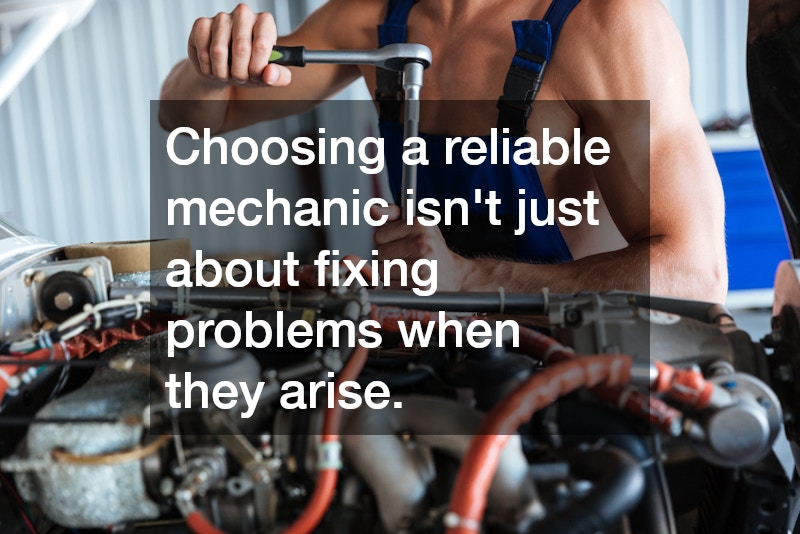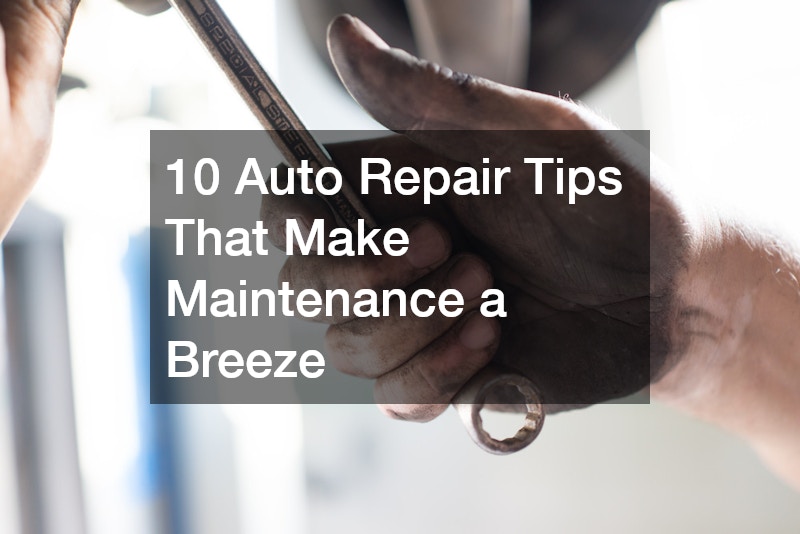Finding a trustworthy mechanic can make all the difference when it comes to keeping your car running smoothly and avoiding unexpected costs. With so many options available, choosing the right one can feel overwhelming, especially if you’re not familiar with car repairs or maintenance.
A reliable mechanic will not only fix problems efficiently but also help you prevent future issues and make informed decisions about your vehicle.
Whether you drive daily or only occasionally, regular servicing is essential. The key is to work with someone who’s experienced, transparent and genuinely invested in the safety and performance of your car. Knowing what to look for and what questions to ask will help you narrow down your options and feel confident in your choice.
Look for Qualifications and Experience
The first step in finding a reliable mechanic is checking their qualifications and training. In Australia, mechanics typically complete a Certificate III in Light Vehicle Mechanical Technology through a registered training organisation. You should also look for mechanics who are licensed and accredited by recognised industry bodies such as the Motor Traders’ Association or the Institute of Automotive Mechanical Engineers.
Experience also matters. Mechanics who have been in the trade for several years will likely have dealt with a wide range of issues and vehicle types. This background allows them to diagnose problems more quickly and recommend solutions that are cost-effective and appropriate for your car’s make and model.
Workshops that invest in ongoing training or certification often reflect a commitment to keeping up with the latest technology and repair techniques. As cars become more complex, this kind of expertise becomes even more important.
Reputation and Word of Mouth
One of the best ways to find a mechanic you can trust is through recommendations from friends, family or colleagues. Word of mouth still carries a lot of weight, especially when it comes from someone who has used the same service over time. If someone you trust has had a good experience, likely, you will too.
You can also check online reviews or browse local community groups and forums to see what people are saying about different workshops. Pay attention to how the business responds to both positive and negative feedback. This often gives insight into their customer service and professionalism.
A good mechanic should be approachable and willing to explain their process. Clear communication about costs, expected timelines and the work being done builds trust and helps you avoid misunderstandings. If something feels off or unclear, don’t hesitate to ask questions or get a second opinion.
Consider Location and Convenience
Choosing a mechanic close to home or work can save you time and stress, especially if you rely on your vehicle daily. Some workshops offer courtesy cars or drop-off and pick-up services to help minimise disruption to your routine.
Even if a shop is slightly further away, it might be worth the extra drive if they consistently deliver high-quality service. On the other hand, a convenient location combined with poor service or rushed jobs won’t do you any favours in the long run.
It’s also helpful to know if the workshop handles a wide range of services. A full-service mechanic who can manage everything from logbook servicing to brakes, suspension and diagnostics provides peace of mind and consistency. This way, you won’t have to bounce between specialists when problems arise.
Ask About Warranties and Transparency
Reputable mechanics often provide guarantees on their workmanship and warranties on parts. This shows they stand behind the quality of their service and gives you recourse in case anything goes wrong. Make sure to get this information in writing and ask what’s covered before agreeing to the work.
Upfront estimates and clear invoices also matter. A reliable mechanic should be able to give you a breakdown of costs and explain why certain parts or repairs are needed. Avoid workshops that push for unnecessary add-ons or seem evasive when asked for details.
Some workshops now offer digital inspections, where they send photos or videos of issues they find during servicing. This level of transparency helps you understand what’s going on and makes it easier to decide how to proceed.
Building a Long-Term Relationship
Once you find a mechanic you trust, it’s worth sticking with them. Building a long-term relationship means they get to know your vehicle’s history, which can lead to better service and early detection of potential issues. A mechanic who understands your driving habits and maintenance preferences will tailor their advice to your needs rather than applying a one-size-fits-all approach.
Consistency also makes it easier to plan and budget for future services. A mechanic who keeps detailed records of previous work can remind you when your next service is due or alert you to upcoming repairs, helping you avoid last-minute emergencies.
Having a go-to mechanic reduces stress, saves time and can even increase the resale value of your vehicle. Buyers often feel more confident when a car has been regularly serviced by the same reputable professional.
Choosing a reliable mechanic isn’t just about fixing problems when they arise. It’s about building trust and ensuring your vehicle is looked after properly over the long term. By doing your homework, asking the right questions and paying attention to how a workshop operates, you can find someone who provides honest, skilled and dependable service.
A good mechanic will help you drive with confidence, knowing your car is in capable hands, no matter what the road ahead brings.




